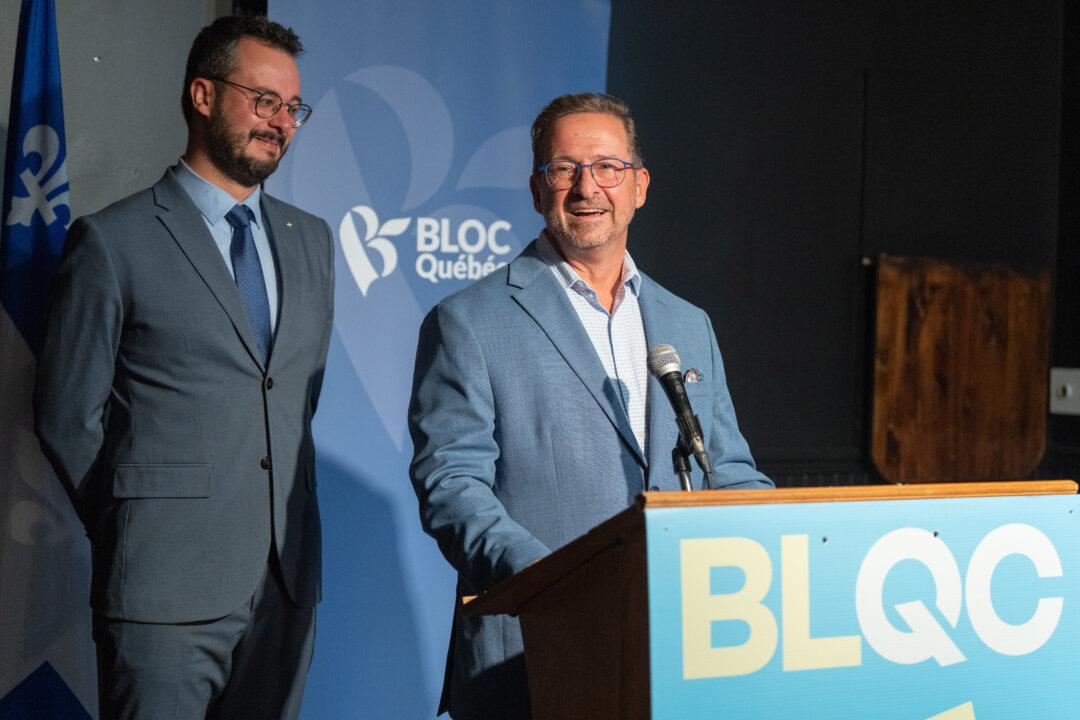The leaders of the Bloc Québécois and NDP expressed satisfaction with their respective victories in the Sept. 16 byelections in Montreal and Winnipeg, but neither signalled a desire to expedite the fall of the minority Liberal government. The Liberals, meanwhile, have suffered the loss of another stronghold with the defeat in Montreal.
Bloc Leader Yves-François Blanchet said his party is “extremely happy” and “honoured” to win the LaSalle-Émard-Verdun riding, defeating the Liberals in their stronghold by a few hundred votes.





